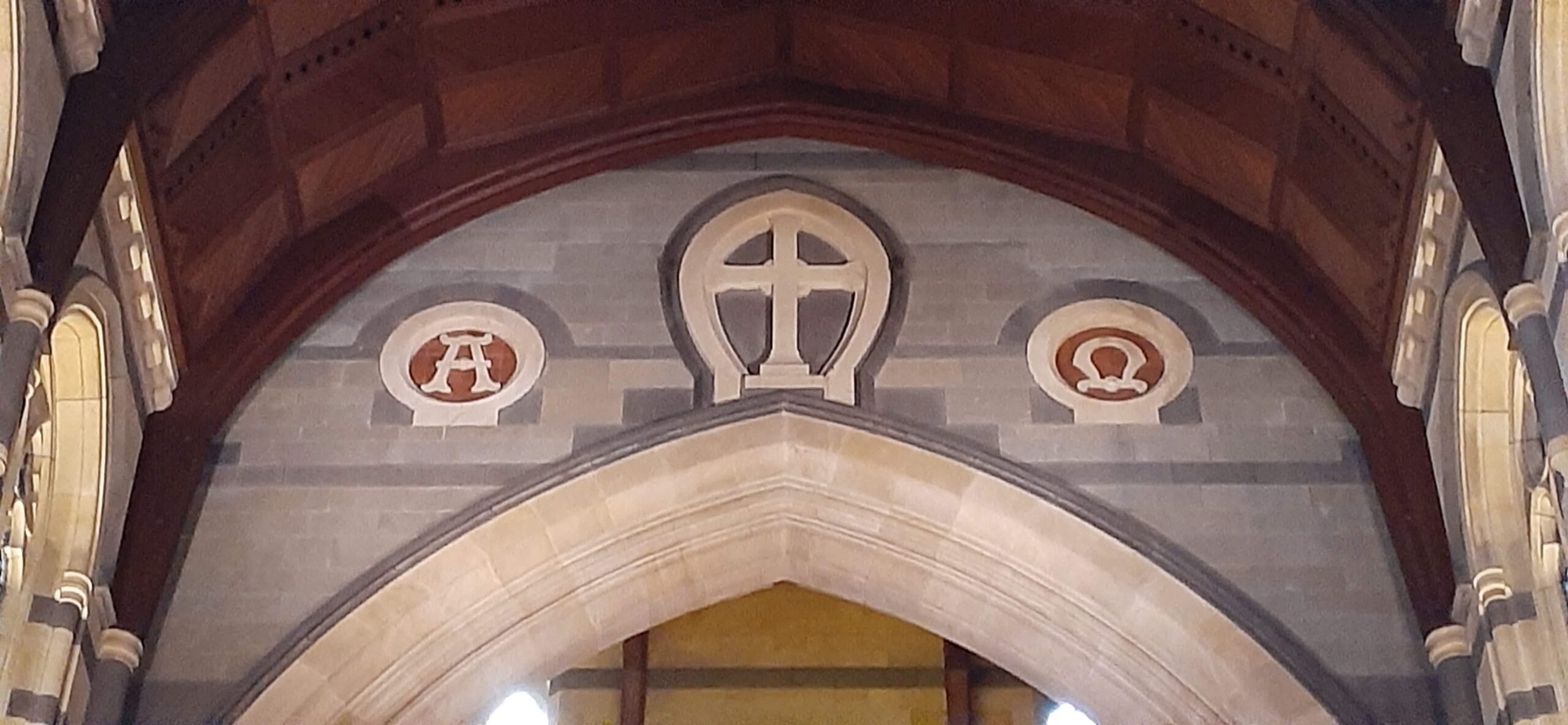For the longest time, I sucked at praying.
In the event I even remembered to pray, I would set out for a 20 minute stint, because 20 minutes felt like the bare minimum a truly holy person ought to achieve. Then, I’d spend half that time GM’ing my ideal Sixers roster, or daydreaming about The Lord of the Rings, or running through the chords of my favorite jazz tunes, the next six minutes, apologizing to God for my unfocused mind, maybe two minutes making a request on somebody else’s behalf, with a final flourish of repentance for sucking so much at prayer.
What rescued me from this self-deprecating morass were the hallowed words of Christians of bygone ages: Clement of Rome, Ephram, Basil the Great, Ambrose of Milan, Augustine of Hippo, Clare of Assisi, Hildegard of Bingen, St. Benedict and St. Francis, Erasmus, Blaise Pascal, and yes, even a little John Calvin. Added to these were the daily offices of the Orthodox, the Catholic and Anglican traditions. I decided that, if nothing else, I could at least offer these words as a prayer. It soon became a routine.
My evangelical upbringing had trained me to believe true prayer had to be spontaneous. Well, look where that got me. Now, I had come to a point in life where I searched for something reflective, something profound, a connection to something that transcended the narrow spaces of my own existence, a sense of belonging to that chain of the people of Jesus, stretching back two millennia.
In reciting these ancient prayers, I discovered just that. And over time, a funny thing happened: the more I spoke these borrowed phrases, the more they bled into my soul. Gradually, my own words began to emerge – and they sounded rich and meaningful. They sounded a lot like the words of those Christians of days past.
So I’ve decided to make a concerted effort to harness more of those words in the liturgies I publish here. They combine some of those ancient and time-honored prayers with original prayers of my own. I hope that you may be able to gain something from them, that they might help you, as they have me.

